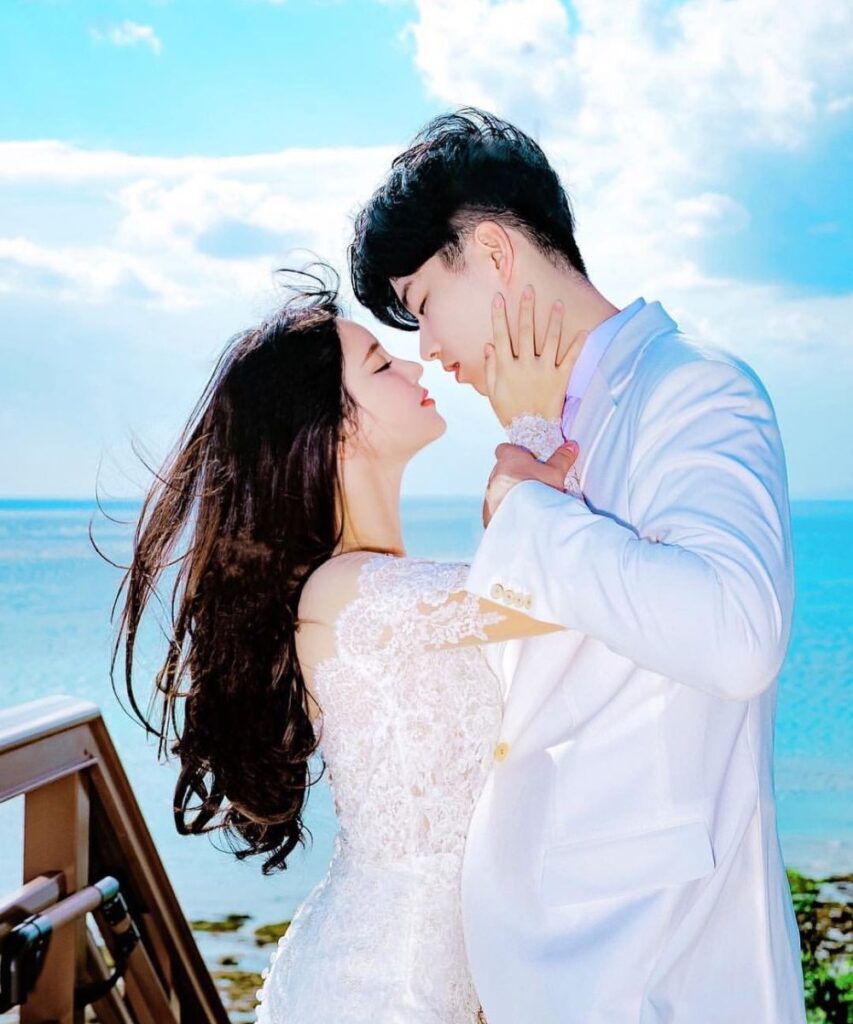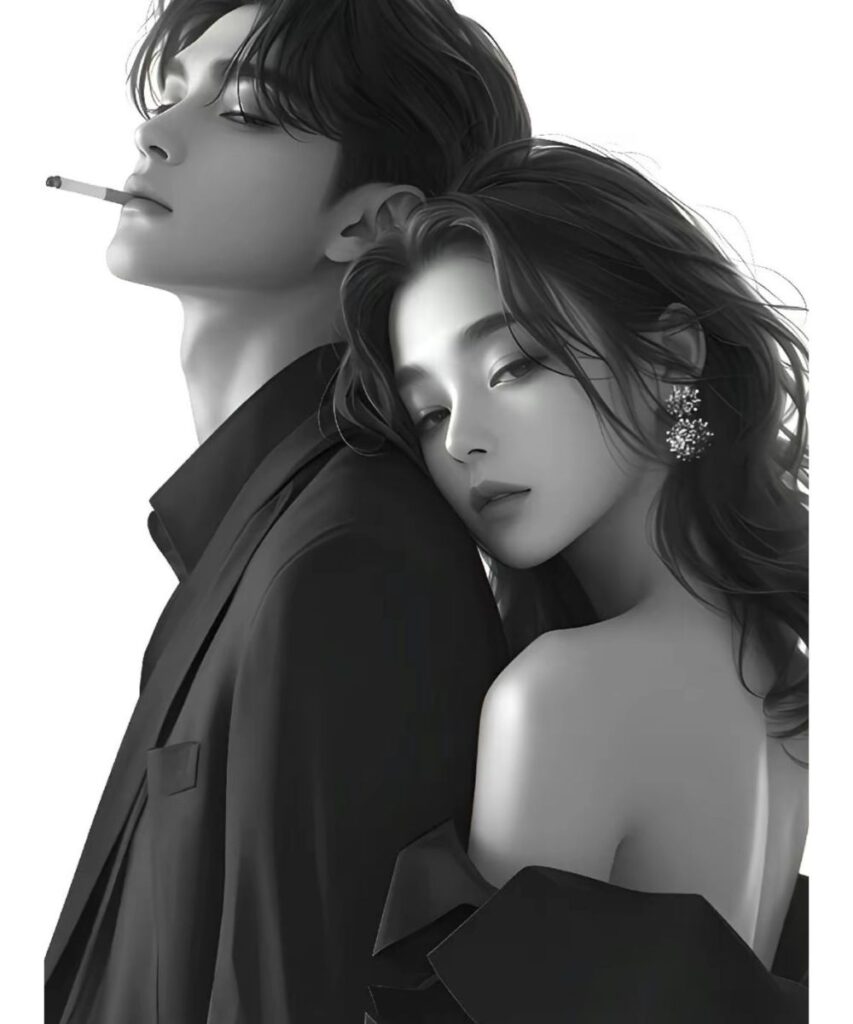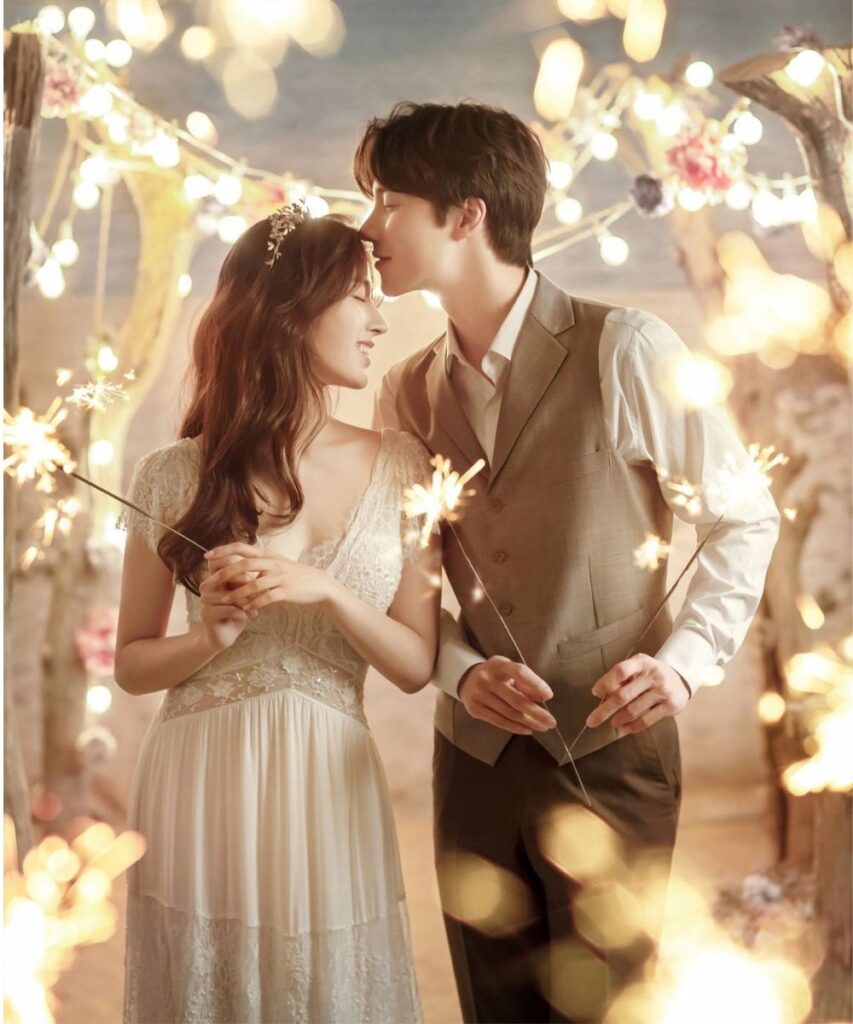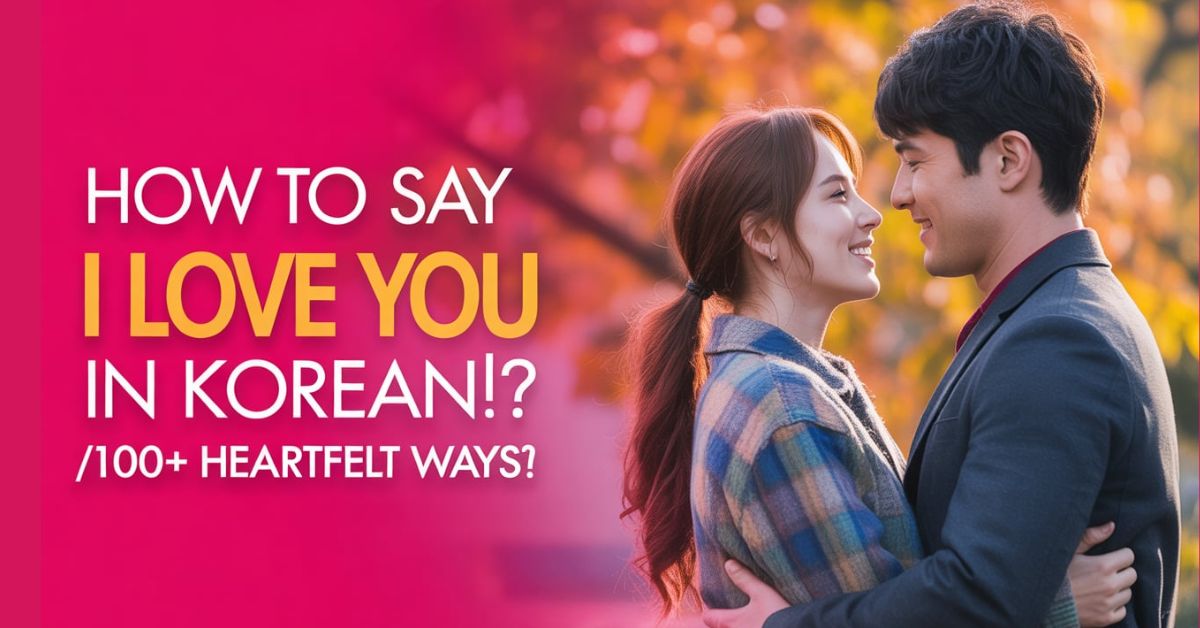Learning how to say I love you in Korean opens doors to deeper cultural understanding and meaningful connections.
Whether you’re dating someone Korean, planning a trip to Seoul, or simply fascinated by K-culture, mastering these romantic expressions will enrich your linguistic journey.
Korean love language carries profound cultural weight, with nuanced expressions that reflect respect, intimacy, and social hierarchy in ways English simply cannot capture.
The Cultural Significance of Love Expressions in Korean Language

Korean society operates on intricate layers of respect and formality that directly influence how you express love in Korean.
Unlike Western cultures where “I love you” flows freely, Korean romantic expressions carry ceremonial weight rooted in Confucian values and centuries-old traditions.
The timing, context, and choice of words when saying “I love you” in Korean can determine relationship trajectories and social standing.
Traditional Korean courtship involved elaborate rituals where verbal expressions of affection were rare and precious.
Modern Korean romance has evolved dramatically, influenced by Western culture and K-entertainment, yet the underlying respect for linguistic hierarchy remains.
Understanding this cultural backdrop transforms simple phrase memorization into genuine cultural competency, allowing you to navigate Korean relationships with authentic sensitivity and awareness.
Basic Korean Love Phrases Every Beginner Should Master
The Standard “I Love You” in Korean
The most fundamental way to say I love you in Korean is 사랑해요 (saranghaeyo) for formal situations and 사랑해 (saranghae) for casual intimate moments.
The formal version shows respect and is appropriate when meeting your partner’s family, during public declarations, or in early relationship stages. The casual version expresses raw intimacy reserved for private moments between established couples.
Pronunciation mastery proves crucial for Americans learning these Korean love expressions. The Korean “ㅏ” sound in “사랑” resembles the “ah” in “father,” while the rolled “ㄹ” requires tongue positioning unfamiliar to English speakers.
Practice saying “sah-rahng-hae-yo” slowly, emphasizing each syllable equally rather than stressing one particular sound as English speakers naturally do.
Other Post: How to Say I Love You in French?/ 100 Romantic Ways
Romantic Korean Phrases for Different Relationship Stages

Early Dating Expressions:
좋아해요 (johahaeyo) – “I like you” (formal)
마음에 들어요 (maeume deureoyo) – “You appeal to my heart”
설레요 (seolleoyo) – “You make my heart flutter”
관심 있어요 (gwansim isseoyo) – “I’m interested in you”
매력적이에요 (maeryeokjeogiaeyo) – “You’re attractive”
특별해요 (teukbyeolhaeyo) – “You’re special”
멋져요 (meotjyeoyo) – “You’re cool/awesome”
예뻐요 (yeppeoyo) – “You’re beautiful”
잘생겼어요 (jalsaenggyeosseoyo) – “You’re handsome”
인상적이에요 (insangjeogieyo) – “You’re impressive”
Serious Relationship Declarations:
진심으로 사랑해요 (jinsimeuro saranghaeyo) – “I truly love you“
평생 사랑할게요 (pyeongsaeng saranghalgeyo) – “I'll love you forever“
당신뿐이에요 (dangshinppunieyo) – “You're the only one“
운명이에요 (unmyeongieyo) – “It's fate/destiny“
소중해요 (sojunghaeyo) – “You're precious to me“
없으면 안 돼요 (eopseumyeon an dwaeyo) – “I can't live without you“
마음을 다 줄게요 (maeumeul da julgeyo) – “I'll give you my whole heart“
영원히 함께해요 (yeongwonhi hamkkehaeyo) – “Let's be together forever“
세상에서 제일 사랑해요 (sesangeseo jeil saranghaeyo) – “I love you most in the world“
내 전부예요 (nae jeonbuyeyo) – “You're my everything“
Marriage and Long-term Commitment:
결혼해 주세요 (gyeolhonhae juseyo) – “Please marry me”
평생 반려자 (pyeongsaeng banryeoja) – “Lifelong companion”
내 반쪽 (nae banjjok) – “My other half”
가족이 되어 주세요 (gajogi doeeo juseyo) – “Please become my family”
노년까지 함께 (nonyeonkkaji hamkke) – “Together until old age”
한평생 사랑 (hanpyeongsaeng sarang) – “Love for a lifetime”
영혼의 동반자 (yeonghonui dongbanja) – “Soulmate”
인생의 파트너 (insaengui pateuneo) – “Life partner”
천생연분 (cheonsaengyeonbun) – “Match made in heaven”
백년해로 (baeknyeonhaero) – “Growing old together harmoniously”
25 Cute Korean Love Expressions for Couples

Aegyo expressions represent Korean couples’ playful side, featuring deliberately cute pronunciation and childlike mannerisms that strengthen intimate bonds.
사랑둥이 (sarangdungi) – “Love bug”
꿀떡꿀떡 (kkultteokkkulttok) – “Sticky sweet”
애기야 (aegiya) – “Baby” (term of endearment)
자기야 (jagiya) – “Honey/Darling”
오빠 사랑해 (oppa saranghae) – “I love you, oppa”
내 심장을 녹여 (nae simjangeul nogyeo) – “You melt my heart”
달콤해 (dalkomhae) – “You’re sweet”
귀여워 죽겠어 (gwiyeowo jukgesseo) – “You’re so cute I could die”
심쿵해 (simkkunghae) – “Heart attack” (from cuteness)
보고 싶어 미치겠어 (bogo sipeo michigesseo) – “I miss you like crazy”
내 마음을 훔쳤어 (nae maeumeul humchyeosseo) – “You stole my heart”
천사 같아 (cheonsagata) – “You’re like an angel”
내 왕자님 (nae wangjanih) – “My prince”
공주님 (gongjunim) – “Princess”
내 보물 (nae bomul) – “My treasure”
꽃보다 예뻐 (kkotboda yeppeo) – “More beautiful than flowers”
별보다 빛나 (byeolboda binna) – “Shine brighter than stars”
내 우주 (nae uju) – “My universe”
생각만 해도 웃음이 나 (saenggakman haedo useumi na) – “Just thinking of you makes me smile”
내 행복 (nae haengbok) – “My happiness”
달님 (dalnim) – “Moon” (endearment)
별님 (byeolnim) – “Star” (endearment)
내 전부야 (nae jeonbuya) – “You’re my everything”
사랑스러워 (sarangseurowo) – “You’re lovable”
완전 좋아해 (wanjeon johahae) – “I totally like you”
20 Deep and Meaningful Korean Love Declarations
Poetic Korean love expressions draw from classical literature and philosophical traditions, offering profound ways to express love in Korean beyond simple declarations.
그대는 내 영혼의 쉼터 (geudaeneun nae yeonghonui swimteo) – “You are my soul’s resting place“
사랑은 두 마음이 하나 되는 것 (sarangeun du maeumi hana doeneun geot) – “Love is two hearts becoming one“
인연의 끈으로 묶인 우리 (inyeonui kkeuneuro mukkin uri) – “We are bound by the thread of fate“
그대와 함께 있을 때 비로소 내가 완성돼 (geudaewa hamkke isseul ttae biroso naega wanseongdwae) – “Only when I’m with you am I complete“
천 번을 다시 태어나도 그대를 선택할 거야 (cheon beoneul dasi taeenanado geudaereul seontaekhal geoya) – “If I were reborn a thousand times, I’d choose you“
그대는 내 마음의 고향 (geudaeneun nae maeumui gohyang) – “You are my heart’s hometown“
사랑한다는 말로는 부족해 (saranghandaneun malloneun bujokae) – “Words of love are not enough“
그대는 내 인생의 의미 (geudaeneun nae insaengui uimi) – “You are the meaning of my life“
영원히 그대 곁에 있고 싶어 (yeongwonhi geudae gyeote itgo sipeo) – “I want to be by your side forever“
그대 없는 세상은 상상할 수 없어 (geudae eomneun sesangeun sangsanghal su eopseo) – “I can’t imagine a world without you“
내 심장은 그대만을 위해 뛰어 (nae simjangeun geudaemaneul wihae ttwieo) – “My heart beats only for you“
그대는 내 삶의 축복 (geudaeneun nae salmui chukbok) – “You are the blessing of my life“
사랑으로 하나 된 우리 (sarangeuro hana doen uri) – “We are united by love“
그대와의 모든 순간이 꿈만 같아 (geudaewaui modeun sungani kkumman gata) – “Every moment with you feels like a dream“
내 영혼이 그대를 부르고 있어 (nae yeonghoni geudaereul bureugo isseo) – “My soul is calling for you“
그대는 내 마음의 평화 (geudaeneun nae maeumui pyeonghwa) – “You are the peace of my heart“
사랑 그 자체가 되어 줘 (sarang geu jachega doeeo jwo) – “Become love itself for me“
그대만이 내 마음을 이해해 (geudaemani nae maeumeul ihaehae) – “Only you understand my heart“
인생에서 가장 아름다운 선물 (insaengeseo gajang areumdaun seonmul) – “The most beautiful gift in life“
그대는 내 모든 것의 이유 (geudaeneun nae modeun geosui iyu) – “You are the reason for everything I do“
More Post: How to Say I Love You in French?/ 100 Romantic Ways
15 Korean Love Phrases from K-Drama and K-Pop
Korean entertainment has revolutionized how modern couples express love in Korean, creating viral phrases that resonate globally.
괜찮아, 사랑이야 (gwaenchana, sarangiya) – “It’s okay, it’s love” (popular drama line)
너를 사랑하는 일이 가장 쉬웠어 (neoreul saranghaneun iri gajang swiwosseo) – “Loving you was the easiest thing“
내 마음이 들리니 (nae maeumi deullini) – “Can you hear my heart?“
사랑해서 고마워 (saranghaeseo gomawo) – “Thank you for loving me“
너 때문에 웃어 (neo ttaemune useo) – “I smile because of you“
함께 걸어가자 (hamkke georeogaja) – “Let’s walk together“
내 옆에 있어 줘 (nae yeope isseo jwo) – “Stay by my side“
너만 있으면 돼 (neoman isseumyeon dwae) – “I only need you“
사랑한다고 말해줘 (saranghandago malhaejwo) – “Tell me you love me“
너 없이는 안 돼 (neo eopsineun an dwae) – “I can’t do it without you“
내 인생의 주인공 (nae insaengui juingong) – “The protagonist of my life“
마지막 사랑이 되어 줘 (majimak sarangi doeeo jwo) – “Be my last love“
너로 인해 완성되는 나 (neoro inhae wanseongdoeneun na) – “I am completed by you“
사랑이 뭔지 알게 해 줘서 고마워 (sarangi mwonji alge hae jwoseo gomawo) – “Thank you for teaching me what love is“
영원히 기억할게 (yeongwonhi gieokhalge) – “I’ll remember forever“
10 Formal Ways to Express Love in Korean

Respectful Korean love expressions are essential for family meetings, public occasions, and professional relationships where maintaining social hierarchy matters.
진심으로 사랑합니다 (jinsimeuro saranghamnida) – “I sincerely love you” (formal)
평생 모시고 싶습니다 (pyeongsaeng mosigo sipseumnida) – “I want to serve you for life”
존경하며 사랑합니다 (jongyeonghhamyeo saranghamnida) – “I love and respect you”
소중히 모시겠습니다 (sojunghi mosigesseumnida) – “I will cherish you”
책임지고 사랑하겠습니다 (chaegimjigo saranghasseumnida) – “I will love you responsibly”
한평생 함께하고 싶습니다 (hanpyeongsaeng hamkkehago sipseumnida) – “I want to spend a lifetime together”
마음 깊이 사랑합니다 (maeum gipi saranghamnida) – “I love you from the depth of my heart”
영원히 지키겠습니다 (yeongwonhi jikigesseumnida) – “I will protect you forever”
정말 소중한 분입니다 (jeongmal sojunghan bunimnida) – “You are truly a precious person”
감사하며 사랑합니다 (gamsahamyeo saranghamnida) – “I love you with gratitude”
20 Creative and Unique Korean Love Expressions
Modern Korean slang and regional dialects offer innovative ways to say I love you in Korean that reflect contemporary culture and generational trends.
심쿵사 (simkkunsa) – “Heart attack company” (internet slang)
사심 가득 (sasim gadeuk) – “Full of personal feelings”
케미 쩔어 (kemi jjeoreo) – “Amazing chemistry”
완전 내 스타일 (wanjeon nae seutail) – “Totally my style”
심장 폭격기 (simjang pokgyeokgi) – “Heart bomber”
눈에서 하트 뿅뿅 (nuneseo hateu ppyungppyung) – “Hearts shooting from eyes”
러브 바이러스 (reobeu baireoseu) – “Love virus”
꿀 떨어지는 목소리 (kkul tteoreojineun moksori) – “Honey-dripping voice”
설렘 주의보 (seollem juuibo) – “Heart flutter warning”
로맨스 영화 주인공 (romaenseu yeonghwa juingong) – “Romance movie protagonist”
내 마음 해커 (nae maeum haekeo) – “My heart hacker”
완전 찜 (wanjeon jjim) – “Totally claimed”
심장 도둑 (simjang doduk) – “Heart thief”
러브 포션 (reobeu posyeon) – “Love potion”
운명 게임 완료 (unmyeong geim wallyo) – “Destiny game complete”
마음 충전 100% (maeum chungjeon baek peosenteu) – “Heart charged 100%”
사랑 레벨 업 (sarang rebel eop) – “Love level up”
꿀잼 커플 (kkuljaem keopeul) – “Fun couple”
심장 저격수 (simjang jeogyeoksu) – “Heart sniper”
로맨틱 바이브 (romaentik baibeu) – “Romantic vibe”
More Post: How to Say I Love You in Japanese? / 100 Romantic Expressions
Mastering Korean Love Phrases
Essential Phonetic Breakdown for Americans
Korean pronunciation requires understanding sounds that don’t exist in English, particularly when learning how to say I love you in Korean correctly.
The Korean vowel system contains seven basic vowels with subtle distinctions that affect meaning. The “ㅏ” in “사랑” (sarang) requires an open mouth position similar to saying “ahhh” at the doctor, while “ㅓ” produces a sound between “aw” and “uh.”
Consonant combinations present unique challenges for English speakers. The double consonants “ㄲ,” “ㄸ,” “ㅃ,” “ㅆ,” and “ㅉ” require tensed pronunciation with slightly held breath, creating emphasis that changes word meaning entirely.
When saying “사랑해 (saranghae),” the final “해” should flow smoothly without the hard English “H” sound, instead producing a gentle breathy consonant followed by the “ae” diphthong.
Common Pronunciation Mistakes to Avoid
American regional accents significantly impact Korean pronunciation accuracy, with Southern drawls extending vowels inappropriately and Northeastern accents hardening consonants.
The Korean “ㄹ” sound proves particularly challenging, requiring tongue positioning between English “L” and “R” that most Americans struggle to master. Practice “사랑 (sarang)” by placing your tongue lightly against your teeth ridge without the heavy English “R” curl or the firm English “L” press.
Formal versus informal speech patterns carry different rhythmic requirements that affect pronunciation flow. Formal expressions like “사랑합니다 (saranghamnida)” require even syllable stress and clear consonant articulation, while casual “사랑해 (saranghae)” flows more naturally with soft consonant transitions and relaxed vowel production.

Admin of romanticflart.com, I share deep romantic lyrics and heart-touching lines. I love writing feelings in words. Let’s feel love together, every day.
